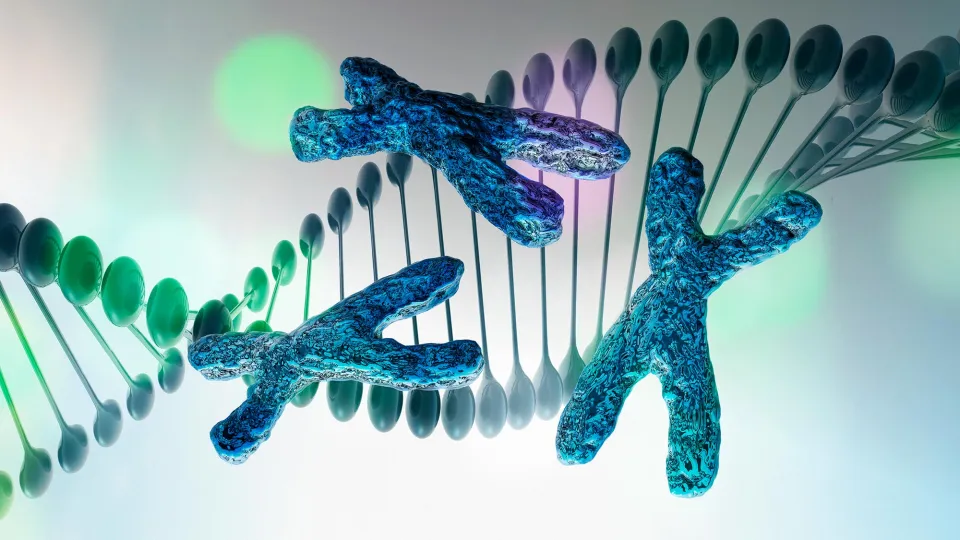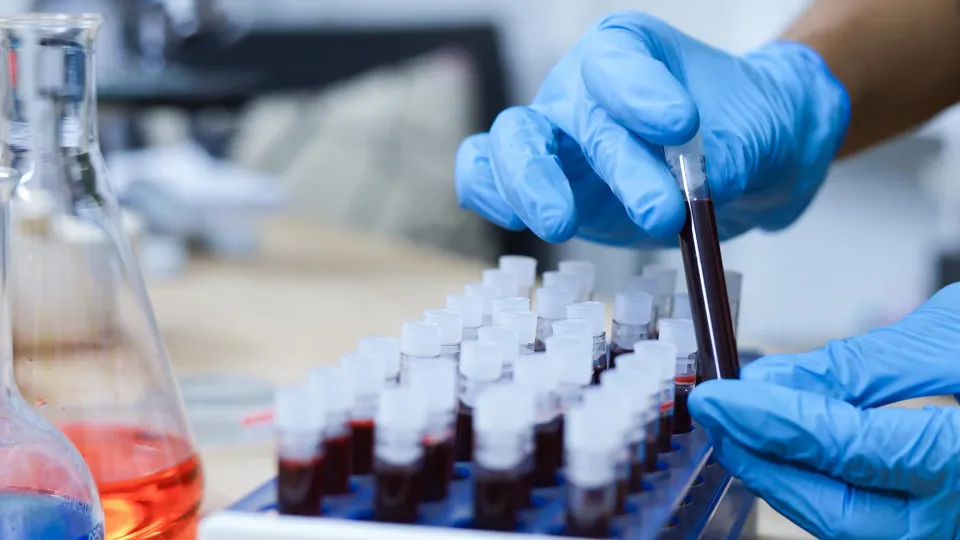News Brief
Understanding the Molecular Basis of Sperm Formation
September 26, 2024

Forming functional sperm is crucial for reproduction, and its failure leads to male infertility. Many aspects of spermatogenesis (the process involved in producing sperm cells) are highly conserved and very similar in Drosophila and humans. Andreas Jenny, Ph.D., and colleagues recently found that the enzyme Rho kinase (ROCK, Rok in flies) performs a key and unexpected function in the male germline in Drosophila. More specifically, both Rok and its protein substrate, Combover, are required for spermiogenesis and proper sperm separation and packaging.
Dr. Jenny has now received a five-year, $2.3 million grant from the National Institutes of Health to explore their hypothesis that Rok and Combover coordinate the final stages of spermatogenesis: the proper growth and differentiation of spermatids (an early sperm stage) into functional sperm encapsulated by their own plasma membrane while shedding unnecessary cytoplasm. The findings could help in treating male infertility, which can be caused by sperm and spermatids with unresorbed cytoplasm.
Dr. Jenny is professor of developmental & molecular biology, of genetics, and of medicine at Einstein and is a member of the National Cancer Institute-designated Montefiore Einstein Comprehensive Cancer Center. For his work, he collaborates with Josefa Steinhauer, Ph.D., professor of biology at Yeshiva University and associate professor of developmental & molecular biology at Einstein. (1R01HD112533-01A1)



